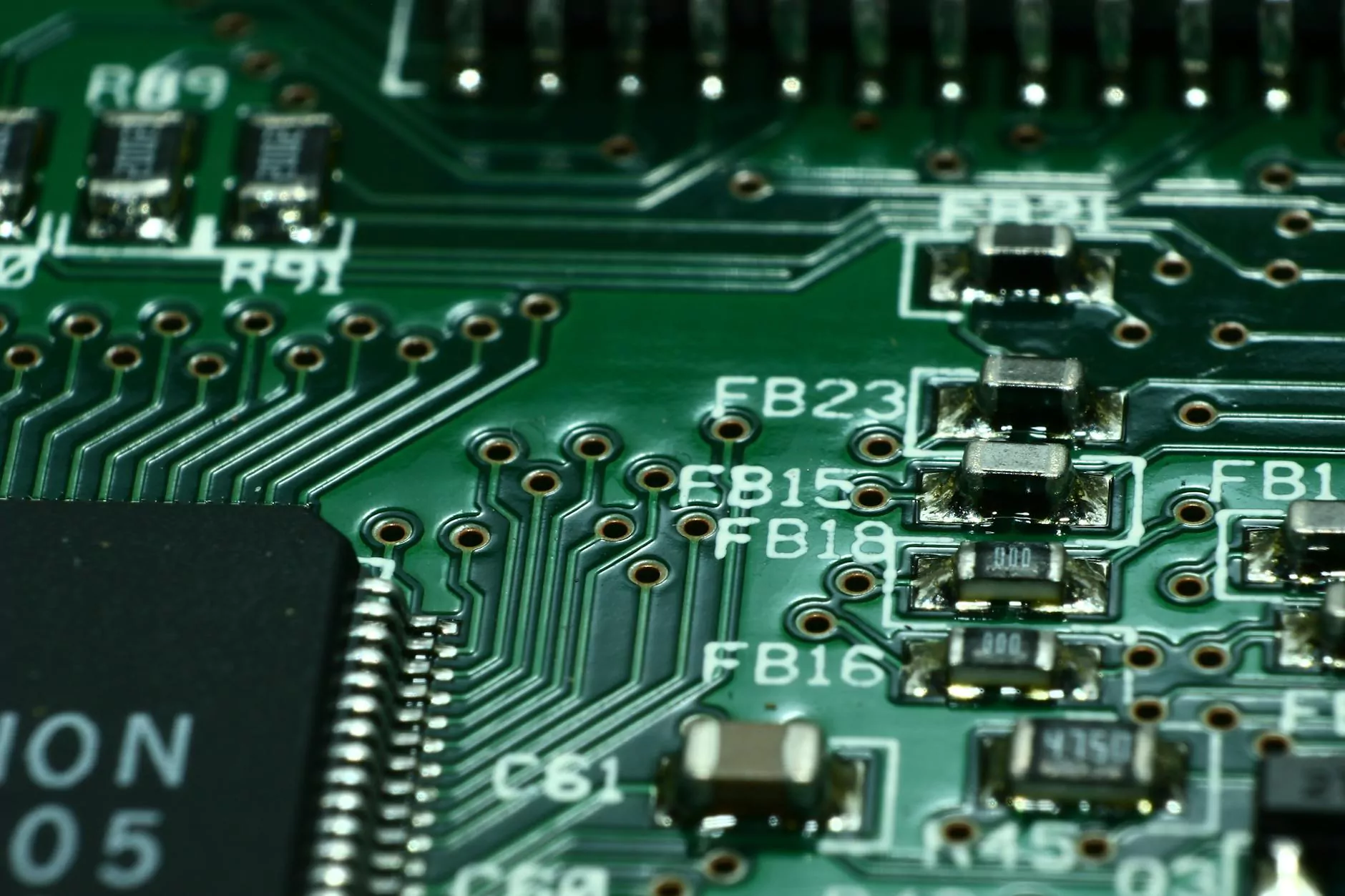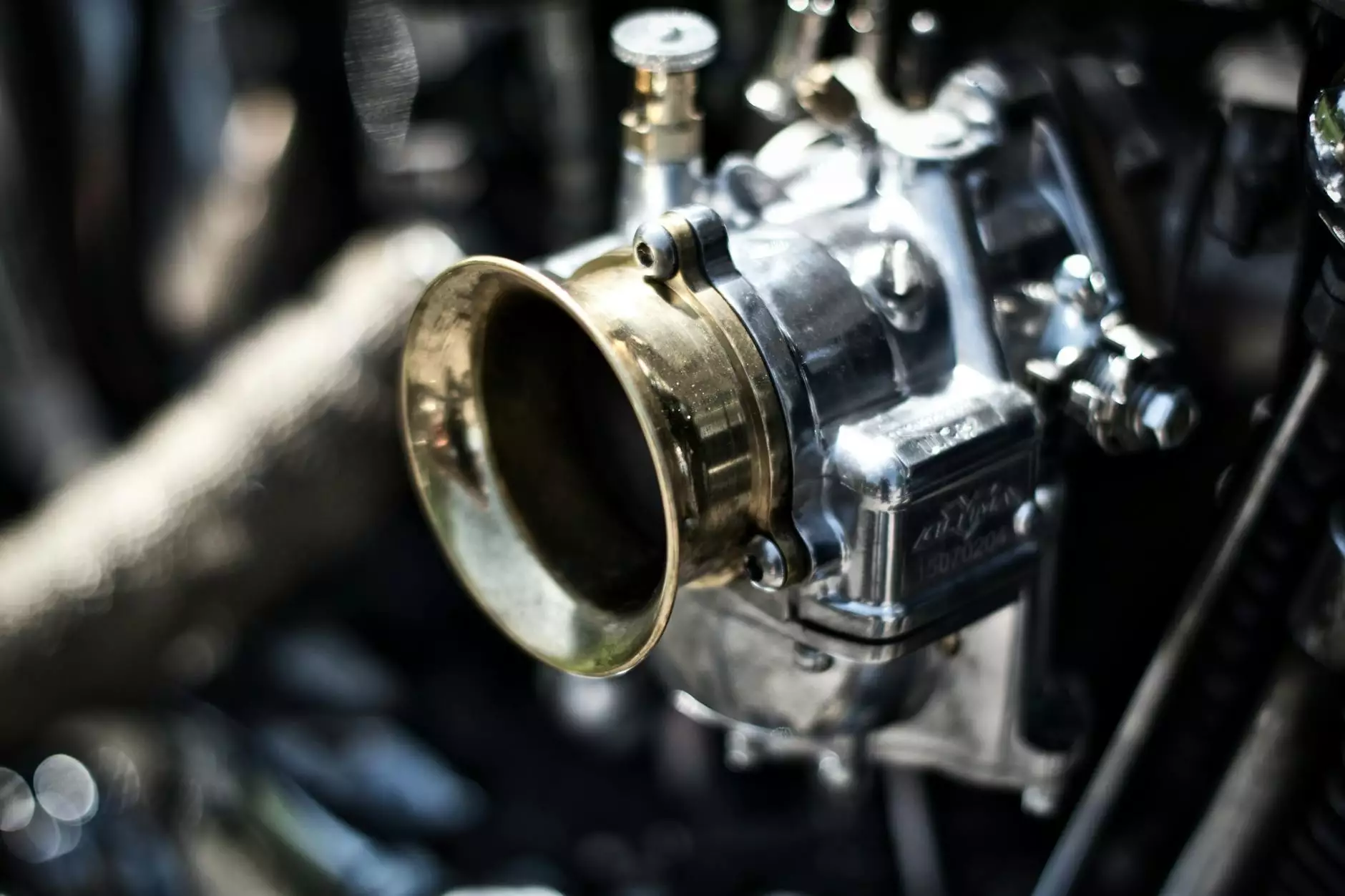Understanding Engine Management Sensors
Content Marketing
When it comes to modern vehicles, the engine management system relies heavily on a variety of engine management sensors to monitor and control various functions. These sensors play a crucial role in ensuring that the engine operates efficiently and smoothly.
Importance of Engine Management System Sensors
Engine management sensors are essential components of the engine control system, providing real-time data to the engine control unit (ECU) to optimize performance. These sensors monitor various parameters such as temperature, pressure, airflow, and position to make adjustments that improve fuel efficiency, reduce emissions, and enhance overall engine performance.
Types of Engine Control Sensors
There are several types of sensors used in an engine management system, each serving a specific function:
- Mass Airflow Sensor: Measures the amount of air entering the engine to determine the correct fuel-to-air ratio.
- Throttle Position Sensor: Monitors the position of the throttle to regulate engine speed and power output.
- Oxygen Sensor: Detects the oxygen content in the exhaust gases to adjust fuel delivery for optimal combustion.
- Crankshaft Position Sensor: Tracks the position and speed of the crankshaft for precise ignition timing.
- Coolant Temperature Sensor: Monitors engine temperature to prevent overheating and optimize performance.
Role of Engine Management Sensors in Performance
Engine sensors play a vital role in enhancing engine performance by providing accurate data to the ECU, allowing it to make necessary adjustments for optimal operation. By continuously monitoring key parameters, these sensors help improve fuel efficiency, reduce emissions, and ensure smooth operation of the engine.
Optimizing Engine Management System
To maximize the efficiency and performance of an engine, it is crucial to ensure that the engine management sensors are functioning correctly. Regular maintenance and calibration of these sensors can prevent issues such as poor fuel economy, rough idling, and engine misfires.
Conclusion
In conclusion, engine management sensors play a critical role in the operation of modern engines, providing essential data for the ECU to optimize performance. Understanding the function and importance of these sensors can help vehicle owners maintain their engines for optimal efficiency and longevity.









